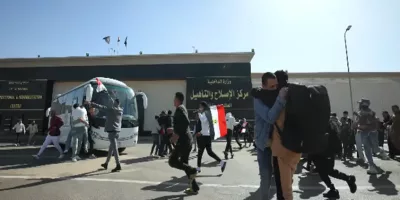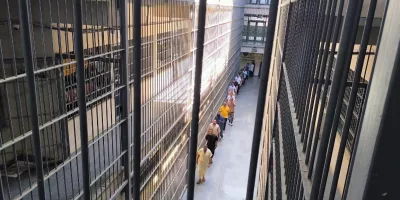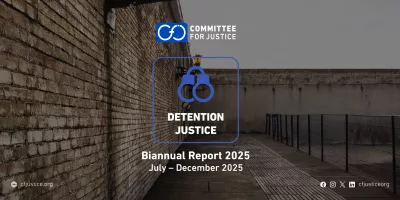Independent United Nations human rights experts have strongly condemned the recent attacks carried out by the Rapid Support Forces (RSF) and its militias against the Zamzam and Abu Shuk internally displaced persons (IDP) camps in North Darfur, warning of an escalating and unprecedented humanitarian crisis. They called on the international community to take immediate action to protect civilians and guarantee access for humanitarian assistance.
In a statement issued on May 8, 2025, the experts pointed out that Sudan is currently experiencing the largest internal displacement crisis in the world, with more than 10.7 million people having been displaced since the outbreak of armed conflict in April 2023 — nearly a quarter of the country’s population. Alone in the first quarter of 2025, over two million additional people were displaced, primarily due to rising violence in Darfur, Khartoum, and Kordofan.
In the Zamzam camp — which previously hosted around 400,000 displaced individuals — more than 332,000 people were uprooted as a result of indiscriminate shelling and the destruction of critical infrastructure such as water, health, and food systems. The experts confirmed that humanitarian services are now completely collapsing, with fuel shortages paralyzing aid delivery operations in several areas.
They also warned of grave human rights violations, including sexual violence, sexual slavery, and the forced recruitment of children, particularly by elements affiliated with the RSF. They emphasized that women, children, the elderly, and persons with disabilities remain at highest risk, noting alarming rates of malnutrition among children in Darfur.
The experts called on the international community to hold perpetrators accountable through independent investigations and legal proceedings at both national and international levels, affirming that these atrocities must not go unpunished. They also urged the immediate establishment of safe humanitarian corridors and the strengthening of international protection mechanisms, especially for the most vulnerable groups.






